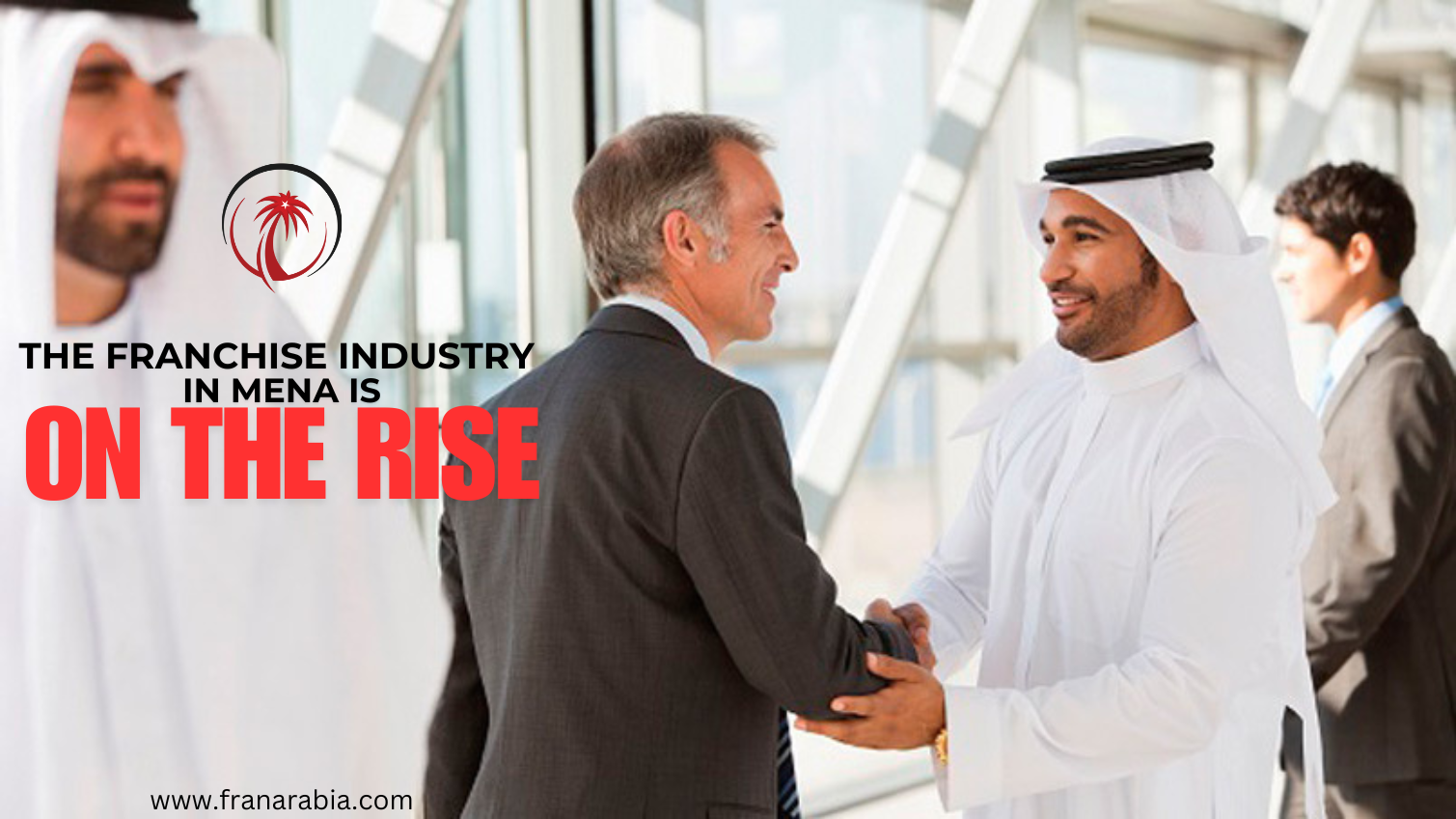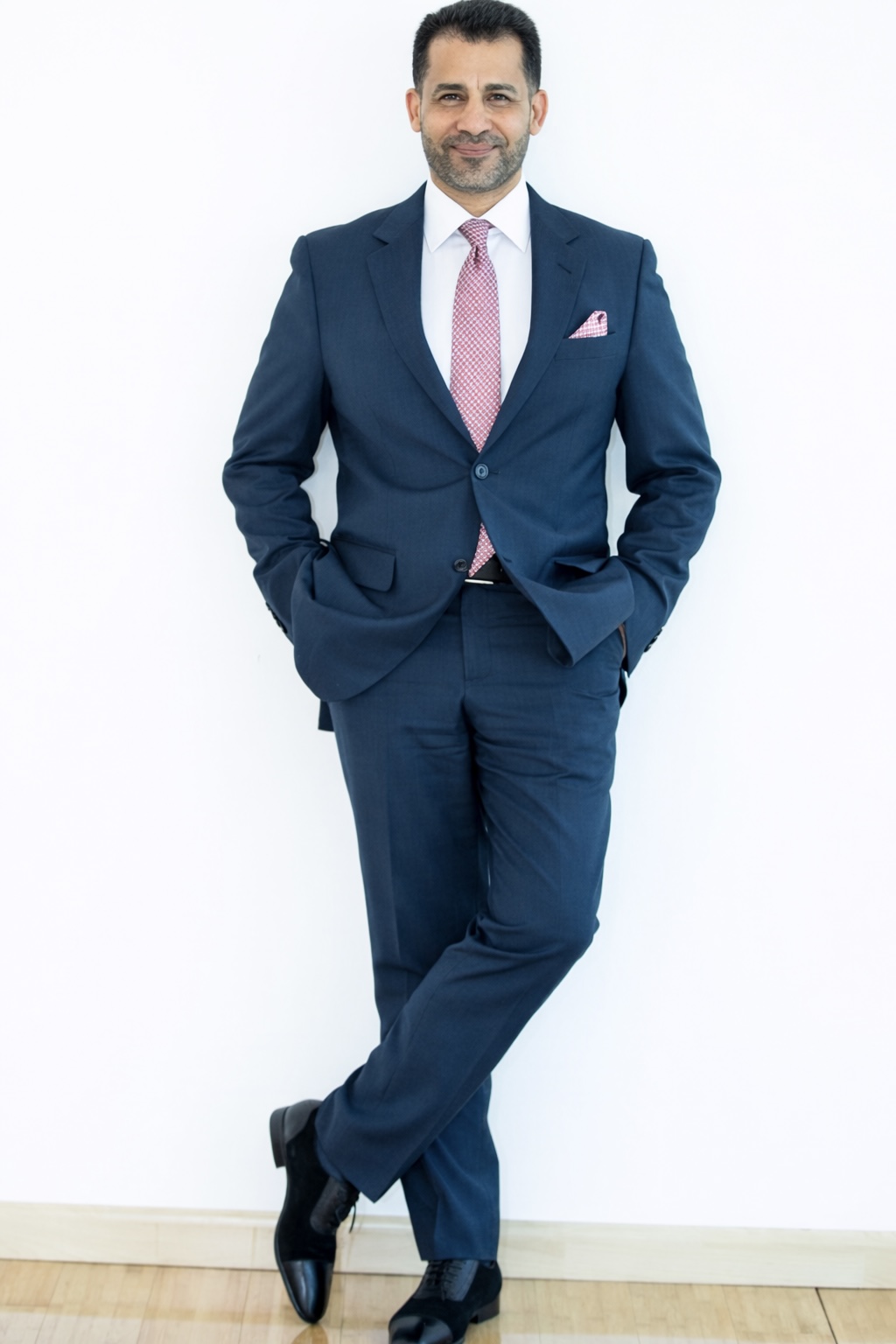



 By: Omar Alhaza'a - Founder & CEO, Franchise Arabia
By: Omar Alhaza'a - Founder & CEO, Franchise Arabia
A transformed vibrant region. A star on the rise. The franchise industry in the Middle East North Africa region (MENA) is on the rise, fueling economic growth and diversification. Leveraging a youthful, urbanizing population, franchise brands are now seizing the opportunity to be part of this substantial growth.
The franchise industry generates employment, attract foreign investment, and adapt global brands to local tastes, driving innovation and meeting rising consumer demands amid the region’s shift from oil-centric economies.
The region offers franchise brands a dynamic market with a youthful, tech-savvy population, rising disposable incomes, and urbanization trends. Governments actively diversify economies (Saudi Vision 2030, UAE’s tourism push), easing regulations to attract foreign investment. MENA's strategic location and infrastructure further enhance its appeal as a gateway to regional expansion.
Culturally adaptive brands thrive in the region, blending global appeal with local preferences, while growing middle-class demand fuels sectors like F&B, retail, education, and technology. Additionally, sectors such as Artificial Intelligence (AI) offer promising avenues for growth.
With its advanced ICT infrastructure, abundant capital and appetite for advanced technology adoption, the Gulf Cooperation Council (GCC) has positioned itself as a global leader in AI adoption and innovation. 2025 is expected to see greater focus on AI infrastructure investments, partnerships with global AI and tech giants, and the establishment of robust data security and privacy frameworks to support sustainable AI growth.
The launch of Riyadh Air in 2025, with a capacity of 25 million passengers in its first year and direct flights to over 100 destinations, will significantly improve connectivity for international brands & professionals seeking to grow their business in the region.
In preparation for the Riyadh Expo 2030 and the 2034 FIFA World Cup, Saudi Arabia is making substantial investments in key cities like Riyadh, Jeddah and Dammam, focusing on expanding infrastructure, upgrading transportation networks and developing world-class stadiums and hospitality facilities.
Growth in MENA markets is expected to pick up to 3.4% in 2025 and 4.1% in 2026. Growth in GCC markets is forecast to increase to 3.3% in 2025. This year, Africa will be the second-fastest-growing region globally. The African Development Bank projects an annual economic growth rate of 4.3%, up from 3.7% last year.
5 reasons why should international brands consider growing their business in MENA in 2025:
1 - Youthful, High-Spending Population: Over 60% of MENA’s population is under 30, driving demand for trendy, globalized products and services in sectors like F&B, fashion, health & wellness, and tech.
2 - Economic Diversification Initiatives: Government's initiatives like (Saudi Vision 2030, UAE’s FDI incentives) prioritize non-oil sectors, offering tax breaks, simplified regulations, and investment-friendly policies.
3 - Strategic Geographic Hub: MENA bridges Europe, Asia, and Africa, enabling brands to access 500+ million consumers via world-class logistics like (Dubai ports, Riyadh airports).
4 - Cultural Adaptability Success: Localization strategies like (halal compliance, Arabic branding, and menu customization) let global franchises resonate regionally while retaining international appeal.
5 - Thriving Urbanization & Infrastructure: Rapid city growth like (NEOM, Qatar’s economic developments) and luxury retail hubs (Dubai Mall, Riyadh Boulevard) attract affluent, brand-conscious consumers.
Undoubtedly, the Middle East North Africa region is an ideal destination for brands seeking scalable markets with high ROI potential. 2025 will be the year of further economic developments in the region.
